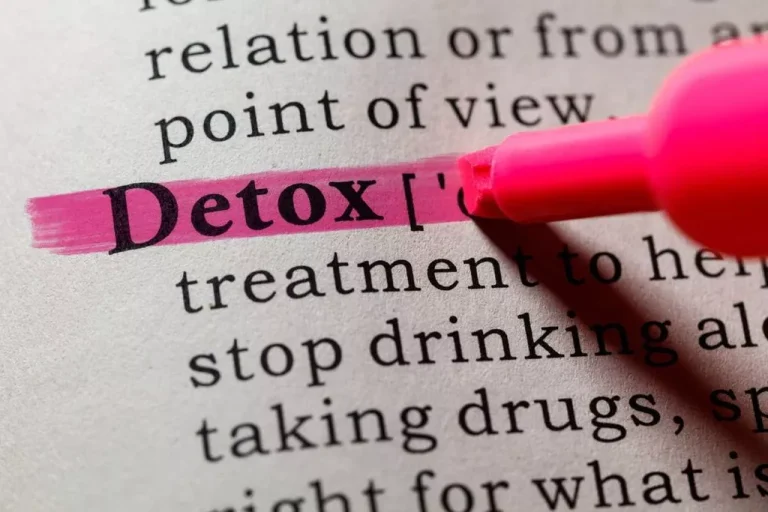
Eating before or while drinking can slow alcohol absorption into the bloodstream, potentially reducing the severity and duration of a hangover. Moreover, alcohol metabolism produces acetaldehyde, a toxic compound that can lead to feelings of nausea and malaise. This substance is eventually broken down into less harmful compounds, but the process takes time and contributes to the overall hangover experience. Drinking alcohol can cause dehydration, which is what leads to some of the symptoms of a hangover like dry mouth, fatigue and dizziness.
Tranq Drug: Understanding Its Impact and Risks
If excessive drinking and hangover symptoms are interfering with your life, talk to your healthcare provider. Eat bland foods with complex carbohydrates like toast or crackers. Drink lots of fluids, including water, electrolyte beverages (Gatorade® or Pedialyte®), broth and other non-alcoholic beverages to reduce dehydration.
- Hangovers are a common consequence of overindulging in alcohol.
- Genetics may also play a role in whether a person is prone to suffer from hangovers.
- The Blackberry Center is a 64-bed behavioral hospital in St. Cloud, Florida.
- The amount of alcohol you consume is a primary factor in determining what kind of hangover you will experience and how severe the symptoms will be.
- One practical way to reduce these effects is to opt for white or clearer wines over darker red wines.
- The symptoms, such as headache, nausea, and fatigue, are usually at their worst when blood alcohol levels drop and the body processes the alcohol’s toxic byproducts.
Health Categories
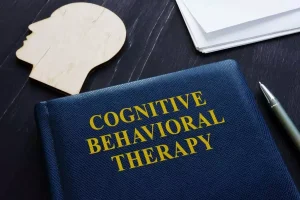
Hangovers are very common in people who consume too much alcohol. In one study, researchers found that about 75% of people who drank excessively the night before reported hangover symptoms. The researchers concluded that 25% to 30% of people who drink may be resistant to hangovers. The length and severity of a hangover can vary from person to person. Age can play a role in the duration of a hangover, as the liver can slow as a person ages. A hangover is a feeling of illness that occurs after alcohol consumption.
- If you feel you must continue drinking alcohol to avoid adverse hangover symptoms or that your drinking habits are a sign of alcohol misuse, contact a treatment provider today.
- So even if what you were drinking wasn’t particularly high in alcohol, you could be experiencing a ‘sugar hangover’, alongside regular hangover symptoms, if the drinks were particularly sugary.
How to Spot a Heroin Addict or Heroin Addiction
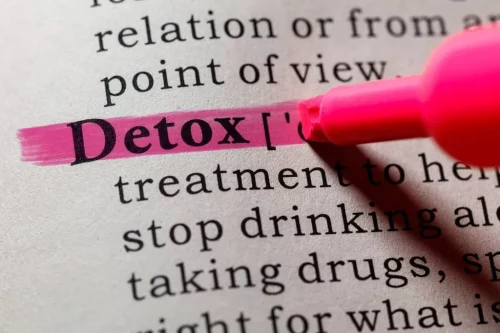
Many factors affect how likely you are to develop a hangover after drinking. For example, using other drugs alongside alcohol, such as marijuana, cocaine, nicotine, or other intoxicants, can contribute to bad hangover symptoms. Additionally, people who have a how long does a hangover usually last family history of alcoholism have a risk for increased hangover symptoms compared with drinkers who have no family history of alcoholism. Most hangover symptoms disappear independently after your blood alcohol concentration (BAC) drops significantly.

An over-the-counter (OTC) pain medication may relieve hangover headaches and muscular pains. Take these drug addiction medications with a meal to avoid stomach irritation or further harming your stressed liver. Because individuals are so different, it is difficult to predict how many drinks will cause a hangover.
Are Electrolytes Overrated When It Comes to Fighting Hangovers?
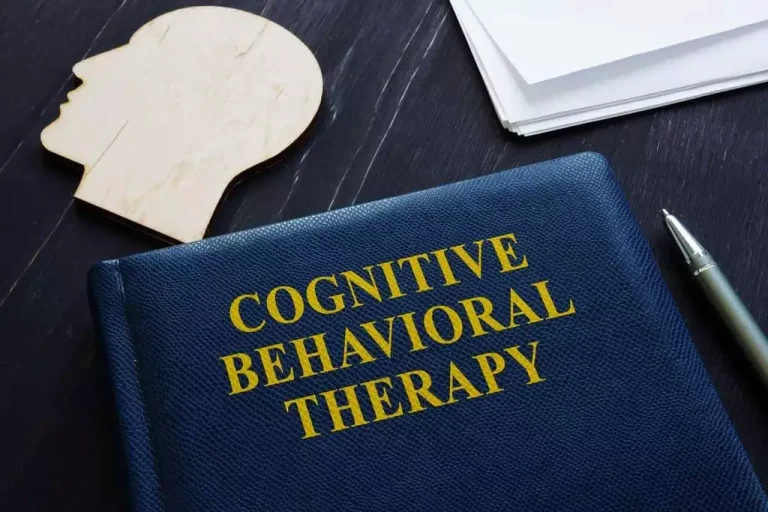
Researchers propose that poor mood and unhealthy coping mechanisms may encourage risky drinking choices, leading to undesirable outcomes like a terrible hangover 9. Some research has shown that tobacco smoking may be related to hangover severity, though this may be more applicable to heavy drinkers 7. Drinking on an empty stomach usually means the alcohol passes more quickly into your bloodstream, increasing the risk of a (severe) hangover.
- For example, your performance at work and school weakens, and it becomes hard to fulfill the responsibilities at home.
- If you take any medications, always check with your healthcare provider before drinking alcohol to avoid negative interactions that may prolong your hangover.
- It is crucial to distinguish between the two and seek medical advice when dealing with withdrawal symptoms, as they may require professional treatment and observation.
- According to Johns Hopkins Medicine, alcohol negatively affects the brain, various organs (think kidney and heart), blood vessels, stomach lining, and several of the body’s systems.
- When you pour a glass of wine or you crack open a beer, you know the alcohol will affect your brain and maybe your mood.
- Even mild COVID-19 cases can progress to long COVID or post-COVID syndrome, in which ongoing symptoms remain long after the initial infection.
- Always consult your physician before beginning any therapy program.
The amount of alcohol it takes to get a hangover varies for everyone. Some people do not experience hangovers after consuming alcohol. On the other hand, some people may feel hangover effects, like a headache, after a few sips. Scientists have found that a few supplements — red ginseng, Siberian ginseng, and Korean pear juice — can ease some symptoms.
Cumulatively, these changes may bring about typical hangover symptoms 3. The alcohol withdrawal syndrome can range from mild anxiety with trembling to the worst complications such as seizure and delirium tremens, which may be fatal if not treated accordingly. These symptoms are so unpredictable that they would require medical supervision. Of course, the increased risk of severe troubles developing when it is not monitored by a healthcare professional accompanies this also. Lastly, if you started drinking on an empty stomach and didn’t eat beforehand, you’re more likely to get drunk and feel those hangover symptoms more intensely (with a little stomach pain thrown in).
Popular Health Centers
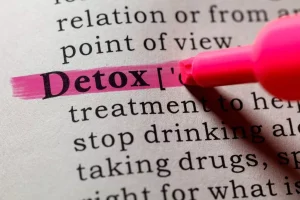
Apart from that, using alcohol together with cannabis may lead to even poorer memory, focus, and cognitive function. Additionally, you may also notice poorer judgment and an increased likelihood of engaging in risky behaviors, such as high-risk drinking, when using alcohol and cannabis concurrently 28. To slow down your drinking, go for smaller-sized or lower-strength drinks, sip on cocktails instead of downing shots, and set a reminder that goes off when it’s time to stop. If you need an extra hand, the Sunnyside app is a text message-based mindful drinking app that helps remind you to track your daily intake. Through the app, you can text a number or an emoji to log your daily intake as well as gain insight into how well you’re pacing your drinking throughout the week. Having light rum instead of dark rum may lower your risk of a hangover.
- Professional help is a key factor in successfully adjusting behaviors to prevent falling back into a pattern of abuse.
- Carbonated drinks like beer may also cause you to feel more bloated.
- But much more research needs to be done to verify any supplement or intervention as a legit hangover cure.
- It all depends on how quickly your liver can process ethanol, the chemical name for alcohol.
- Understanding alcohol hangovers can help manage and potentially prevent unpleasant feelings in the morning after a drinking session.
Eat before you drink
However, drinking more does often make for a more severe hangover, and severe hangovers usually last longer. Many remedies are available that claim to cure a hangover, but there is no scientific evidence any of them work. The body needs time to rehydrate, to clear the toxic byproducts of alcohol metabolism, to restore irritated tissue, and to return the immune system and brain activity to normal. Severe or critical illness from a COVID-19 infection is most common in people over 50 and those with weakened immune systems or multiple health problems. Severe infections or those requiring hospitalization can take weeks to recover from, and long-term symptoms will depend on what complications or co-infections that develop during your treatment.
